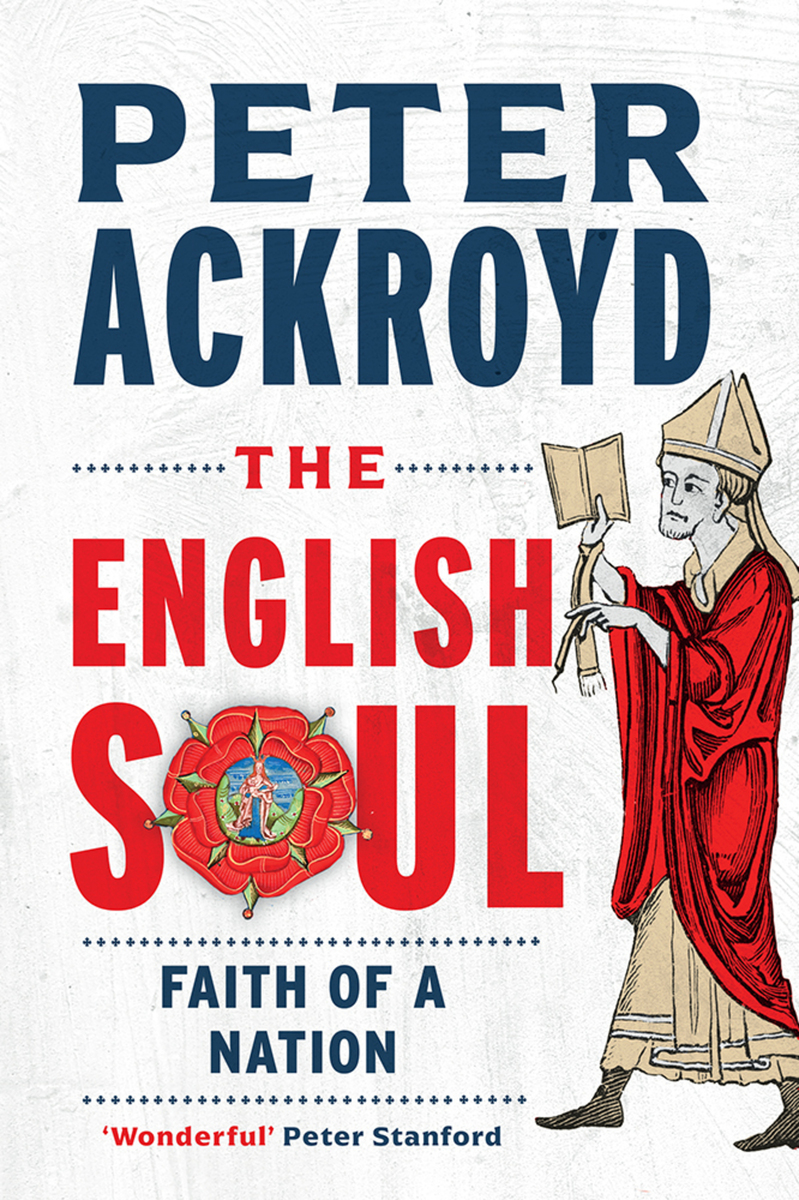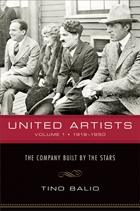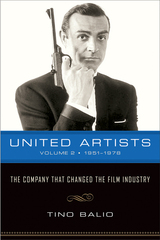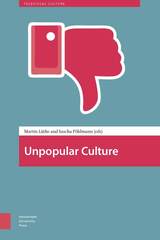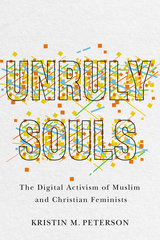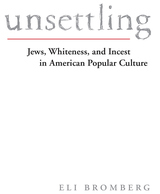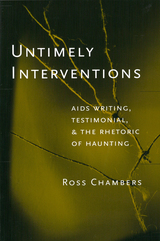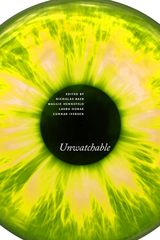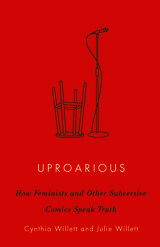The English Soul: Faith of a Nation
Reaktion Books
eISBN: 978-1-78914-884-8 | Cloth: 978-1-78914-845-9
See other books on: Ackroyd, Peter | Europe | Faith | Great Britain | Nation
See other titles from Reaktion Books
eISBN: 978-1-78914-884-8 | Cloth: 978-1-78914-845-9
ABOUT THIS BOOK | AUTHOR BIOGRAPHY | REVIEWS | TOC | REQUEST ACCESSIBLE FILE
ABOUT THIS BOOK
From celebrated historian and writer Peter Ackroyd, a magisterial portrayal of English Christianity over the centuries.
This book portrays the spirit and nature of English Christianity, as it has developed over the last fourteen hundred years. During this time, Christianity has been the predominant faith of the people and the reflection of the English soul. This fascinating new history is an account of the Christian English soul, which recognizes the fact that Christianity has been the anchoring and defining doctrine of England while accepting respectfully that other powerful and significant faiths have influenced the religious sensibility of this nation. Peter Ackroyd surveys the lives and faith of the most important figures of English Christianity from the Venerable Bede to C. S. Lewis, exploring the mysticism of Julian of Norwich and William Blake; the tumultuous years of the Reformation; the emergence of the English bible; the evangelical tradition, including John Wesley; and the contemporary contest between tradition, revival, and atheism. This is an essential, comprehensive, and accessible survey of English Christianity.
This book portrays the spirit and nature of English Christianity, as it has developed over the last fourteen hundred years. During this time, Christianity has been the predominant faith of the people and the reflection of the English soul. This fascinating new history is an account of the Christian English soul, which recognizes the fact that Christianity has been the anchoring and defining doctrine of England while accepting respectfully that other powerful and significant faiths have influenced the religious sensibility of this nation. Peter Ackroyd surveys the lives and faith of the most important figures of English Christianity from the Venerable Bede to C. S. Lewis, exploring the mysticism of Julian of Norwich and William Blake; the tumultuous years of the Reformation; the emergence of the English bible; the evangelical tradition, including John Wesley; and the contemporary contest between tradition, revival, and atheism. This is an essential, comprehensive, and accessible survey of English Christianity.
See other books on: Ackroyd, Peter | Europe | Faith | Great Britain | Nation
See other titles from Reaktion Books
